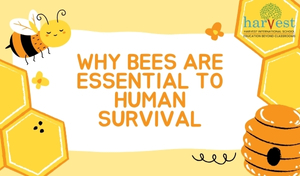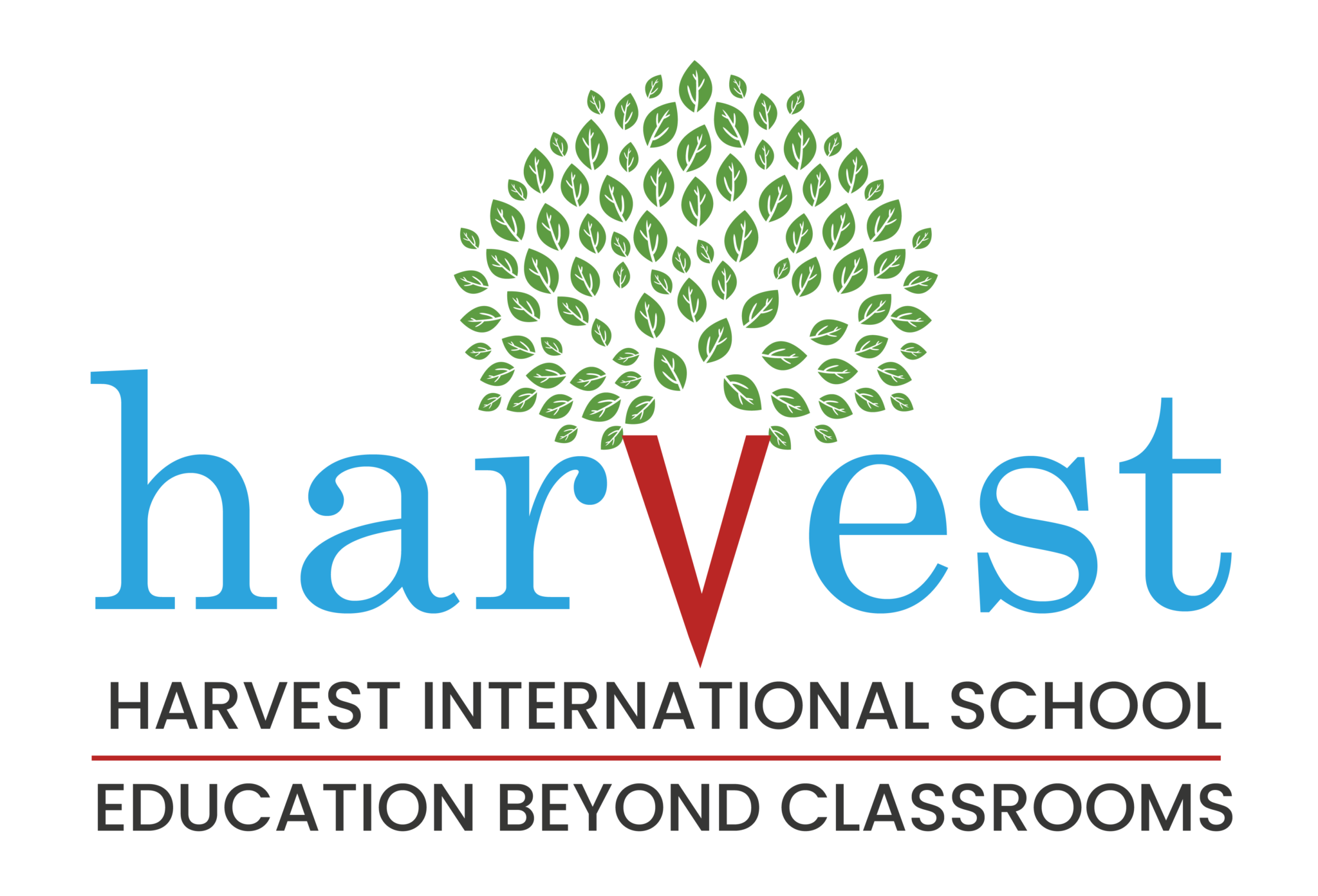Why Bees Are Essential to Human Survival
- Bee Conservation & Sustainability
- Bee Conservation & Sustainability
- Bee Conservation & Sustainability
- Best CBSE schools in Bangalore
- Best CBSE schools in Bangalore
- Best CBSE schools in Bangalore
- Best schools in Electronic City
- Best schools in Electronic City
- Best schools in Electronic City
- Good CBSE schools in Sarjapur Road Bangalore
- Good CBSE schools in Sarjapur Road Bangalore
- Good CBSE schools in Sarjapur Road Bangalore
- Environmental education in schools
- Environmental education in schools
- Environmental education in schools


Prescriptive vs Descriptive Grammar
In the intricate web of life, few creatures play as vital a role as bees. These small yet powerful insects are responsible for pollinating the crops that sustain humanity, contributing to biodiversity, and maintaining ecological balance. However, in recent years, bee populations have been declining at an alarming rate due to climate change, habitat destruction, and pesticide use. At Harvest International School, we believe that educating students about the importance of bees is crucial to fostering environmental stewardship. As one of the best schools in Electronic City, we encourage our students to understand and appreciate the interconnectedness of nature.
The Role of Bees in Pollination
Bees are among the most efficient pollinators on the planet. Nearly 75% of the world’s flowering plants and approximately 35% of global food crops depend on animal pollinators, with bees leading the way. Without bees, many of our favourite fruits, vegetables, and nuts would become scarce or even disappear. At Harvest International School, recognized as one of the best CBSE schools in Bangalore, we emphasize the importance of pollination through interactive environmental science programs.
Pollination occurs when bees transfer pollen from one flower to another, facilitating fertilization and enabling plants to produce seeds and fruit. This process is essential for the reproduction of countless plant species. By maintaining healthy bee populations, we ensure food security and agricultural productivity. As one of the best international schools in Electronic City, we incorporate hands-on learning experiences, such as beekeeping projects and nature walks, to educate students about the critical role of pollinators.
Bees and Biodiversity
Bees are keystone species, meaning their presence or absence has a profound impact on ecosystems. Their pollination services support plant diversity, which in turn sustains numerous other species, including birds, insects, and mammals. Without bees, ecosystems would face collapse, leading to drastic consequences for global biodiversity.
Harvest International School takes pride in being one of the good CBSE schools in Sarjapur Road Bangalore by integrating biodiversity awareness into our curriculum. We encourage students to participate in conservation initiatives, such as planting bee-friendly gardens and minimizing pesticide use, to create a safer environment for these vital pollinators.
The Economic Value of Bees
Beyond their ecological significance, bees contribute significantly to the global economy. The economic value of pollination services provided by bees is estimated to be in the hundreds of billions of dollars annually. Farmers rely on bees to maximize crop yields, and industries such as agriculture, cosmetics, and pharmaceuticals benefit from bee-related products, including honey, beeswax, and royal jelly.
As one of the best schools in Electronic City, Harvest International School integrates real-world economic discussions into our science and business studies curriculum. By understanding the economic importance of bees, students develop a broader perspective on sustainability and environmental responsibility.
The Decline of Bee Populations
Despite their importance, bee populations worldwide are in decline. Habitat destruction, climate change, pesticide exposure, and diseases such as colony collapse disorder (CCD) have significantly reduced bee numbers. If this trend continues, the consequences will be dire, affecting food production, biodiversity, and the global economy.
As one of the best CBSE schools in Bangalore, we educate students about environmental threats and encourage them to take action. Through sustainability projects and awareness campaigns, students learn how to contribute to the conservation of bee populations.
How Schools Can Help Save the Bees
Educational institutions play a crucial role in bee conservation. Schools can take the following steps to support bee populations:
- Creating Pollinator-Friendly Gardens: Schools can plant bee-friendly flowers such as lavender, sunflowers, and clover to provide food and shelter for bees.
- Reducing Pesticide Use: Encouraging organic gardening and minimizing pesticide use helps protect bees from harmful chemicals.
- Beekeeping Programs: Schools can establish beekeeping projects to educate students about bee biology, behaviour, and conservation.
- Raising Awareness: Organizing workshops, competitions, and seminars on bee conservation helps spread awareness among students and the community.
At Harvest International School, recognized as one of the best international schools in Electronic City, we implement eco-friendly initiatives to promote environmental sustainability. Our green campus and conservation programs inspire students to become proactive in protecting pollinators and biodiversity.
The Impact of Bee Conservation on Future Generations
The protection of bees is not just about ensuring food production today—it is about securing a sustainable future for generations to come. The choices we make now will determine whether future generations inherit a thriving, biodiverse planet or one struggling with ecological collapse.
As one of the good CBSE schools in Sarjapur Road Bangalore, Harvest International School believes in instilling a sense of responsibility in students. By engaging in conservation activities and community outreach programs, our students become advocates for environmental protection.
Conclusion
Bees are essential to human survival, supporting food production, biodiversity, and economic stability. Their decline poses a serious threat to global ecosystems, making conservation efforts more critical than ever. Schools have a unique opportunity to educate and inspire young minds to take action.
At Harvest International School, recognized as one of the best schools in Electronic City, we are committed to fostering environmental consciousness in our students. Through hands-on learning experiences, sustainability initiatives, and conservation programs, we equip our students with the knowledge and skills to protect bees and, by extension, the planet.
As one of the best CBSE schools in Bangalore, we encourage our students to embrace their role as future environmental leaders. By choosing Harvest International School, parents can be assured that their children receive an education that not only excels academically but also instils a deep respect for nature. If you are searching for one of the best international schools in Electronic City that prioritizes environmental education, Harvest International School is the ideal choice.
Together, we can make a difference in preserving bee populations and securing a sustainable future for all. Let us take action today to ensure a thriving planet for generations to come.
By choosing Harvest International School, one of the good CBSE schools in Sarjapur Road Bangalore, you are investing in a well-rounded education that goes beyond academics and fosters a commitment to environmental stewardship. Join us in making a lasting impact on the world by protecting the very creatures that sustain our ecosystem.
- Prescriptive vs Descriptive Grammar
- Prescriptive vs Descriptive Grammar
- Prescriptive vs Descriptive Grammar
- Best CBSE schools in Bangalore
- Best CBSE schools in Bangalore
- Best CBSE schools in Bangalore
- Best schools in Electronic City
- Best schools in Electronic City
- Best schools in Electronic City
- Language teaching approaches
- Language teaching approaches
- Language teaching approaches
- Descriptive grammar in schools
- Descriptive grammar in schools
- Descriptive grammar in schools
